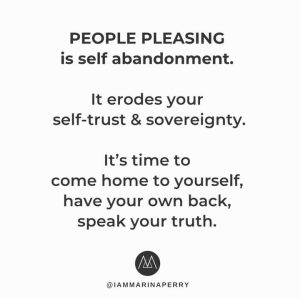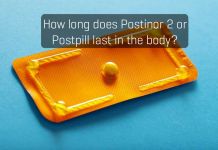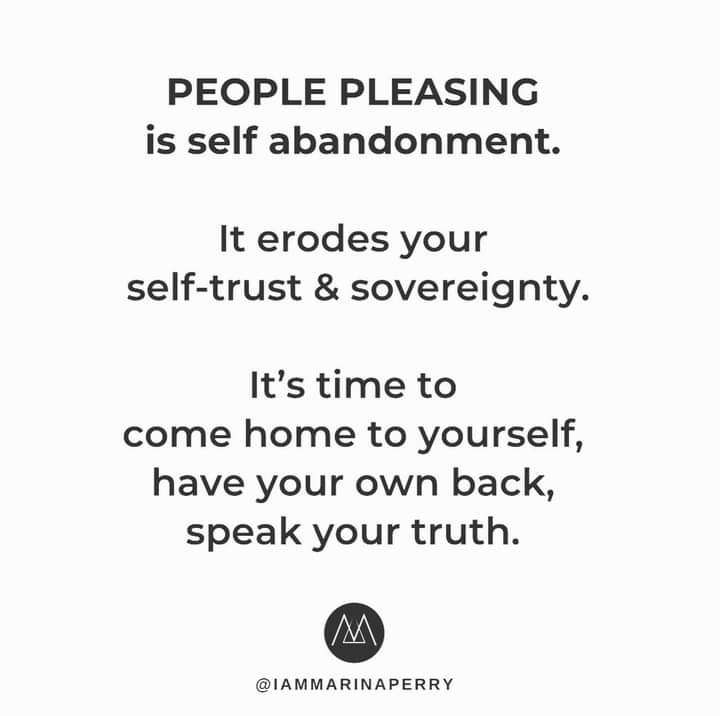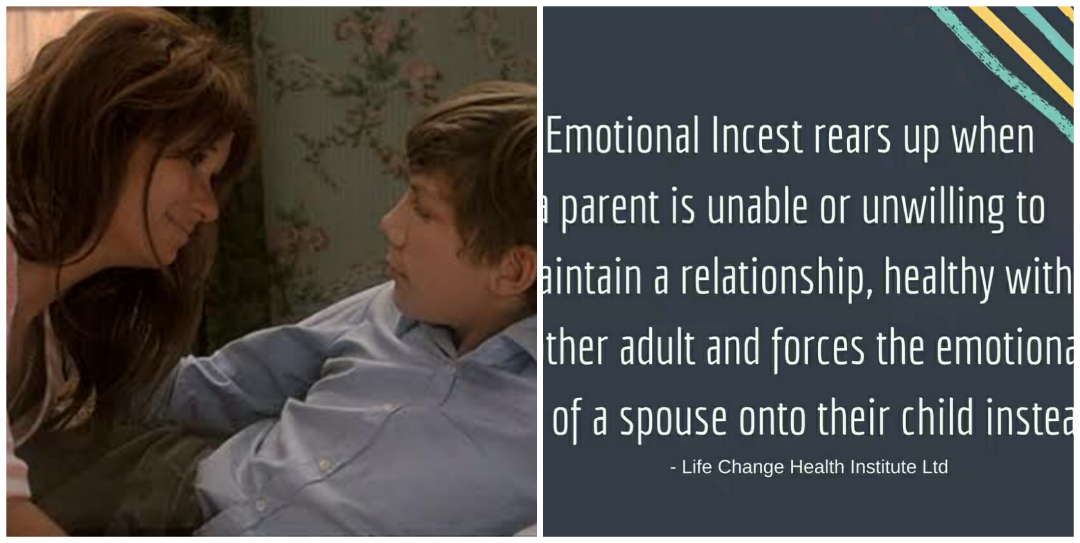People Pleasing Syndrome: Meaning, Psychology, Signs, Dangers, Causes, Coping Mechanism – how to stop people pleasing
People pleasing is exhausting and leads to resentment.
It’s also a coping mechanism we learned to stay safe.
Here’s how to stop people pleasing, to become more authentic in your relationships.
People pleasing is a coping mechanism.
Our nervous system has 4 main states when facing a threat: fight, flight, freeze, and fawn.
Fawn, is when we appease or people please.
Evolutionarily, fawning would allow us to survive dangerous situations (stay safe) by not causing conflict.

Fawning is a subconscious process, meaning it’s a survival instinct that happens without our conscious awareness.
Most people who fawn:
1. Over-apologize
2. Over-explain
example:
Your order comes out wrong at a restaurant and we profusely apologize for wanting it fixed.
we can’t make an event and we explain every detail of our lives to a person and what we’re doing that keeps us from coming.
You’ll know fawning (people pleasing) is a common pattern if:
– you feel intensely guilty saying no and say “yes” to avoid the guilt, later you regret it.
– you feel like taking or wanting time just for you is selfish
– you agree to things instantly
– you regularly feel resentment in your relationships (take advantage of, used, etc.)
– you don’t have boundaries and are “on call” for people 24/7 whenever they’re having issues or crisis
– conflict creates intense anxiety and you’ll do anything you can to avoid it
Most people who people pleased have been conditioned to put a parent figures needs before their own since childhood.
They might have:
– Played a role of a therapist to a parent
– Helped parents with marital issues
– Been a “best friend” or emotional support to a parent
– Played a major role in the household (took care of siblings, cleaned house, hid addictions)
Healing from people pleasing is about understanding that as adults:
YOUR NEEDS MATTER.
And your emotional health depends on you learning to understand, then meet your needs.
How to Heal From People Pleasing: Coping mechanism of people pleasing
1. Learn to set boundaries:
boundaries are how we stay safe. Practice setting a boundary without over-explaining:
“Thank you for inviting me, it sounds great and I won’t be able to make it this time.”
2. Learn what your needs are:
A lifetime of people pleasing leads us to disconnect from our own needs in order to meet the needs of others.
Learn what your needs are by tuning into yourself.
Start to notice when: you need rest, you want connection, you’re hungry, you’re needing space etc.
3. Understand healthy emotional responsibility:
Many of us have learned that we’re responsible for other people emotions.
The truth is, adults are responsible for their own emotional state.
This means people might feel: upset, disappointed, sad, or any other emotion.
Our role in life is not to fix the emotional state of others.
4. Learn to be misunderstood:
For chronic people pleasers, being misunderstood can feel so painful, they’ll avoid it at all costs.
It’s healthy and natural to be misunderstood.
When we’re misunderstood by people, it doesn’t mean we’re “bad” or unlovable.
It means, people have their own perspective and not everyone sees things the way we do.
Learning to be authentic, even when this doesn’t get approval is part of being an autonomous adult.
People pleasing attitude is seen by some authors the be a syndrome.
Dr. Nicole LePera, Psychologist
























